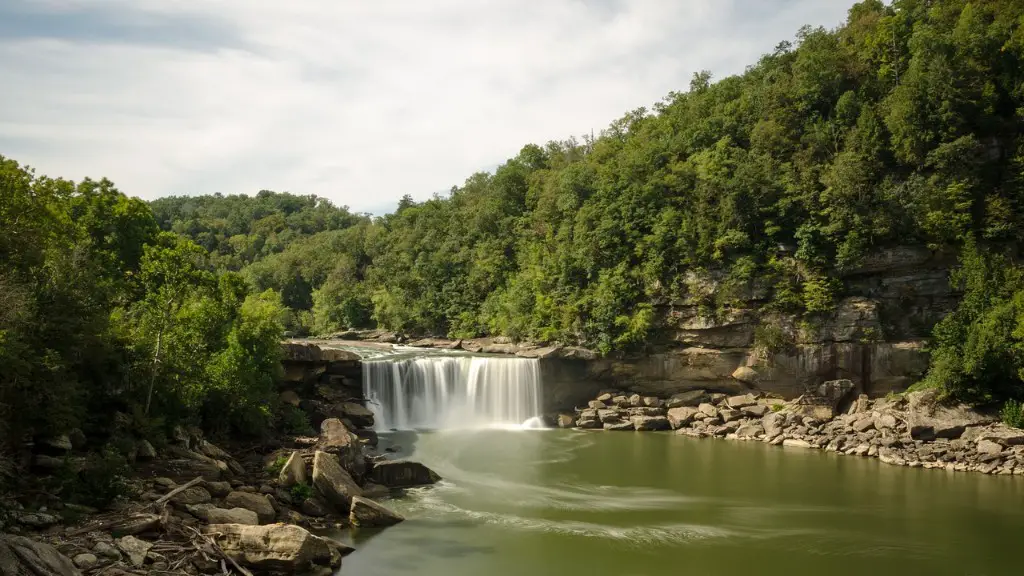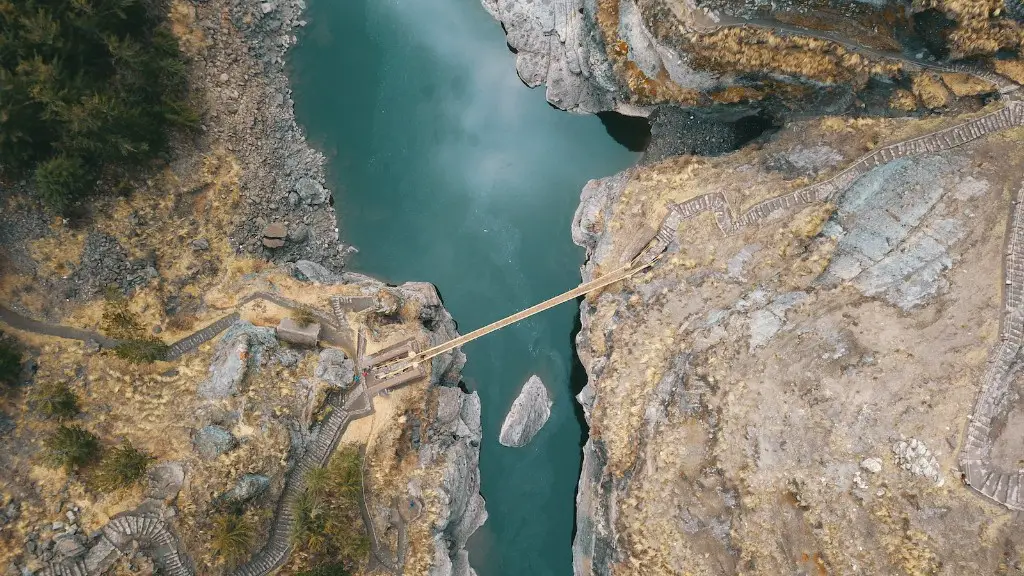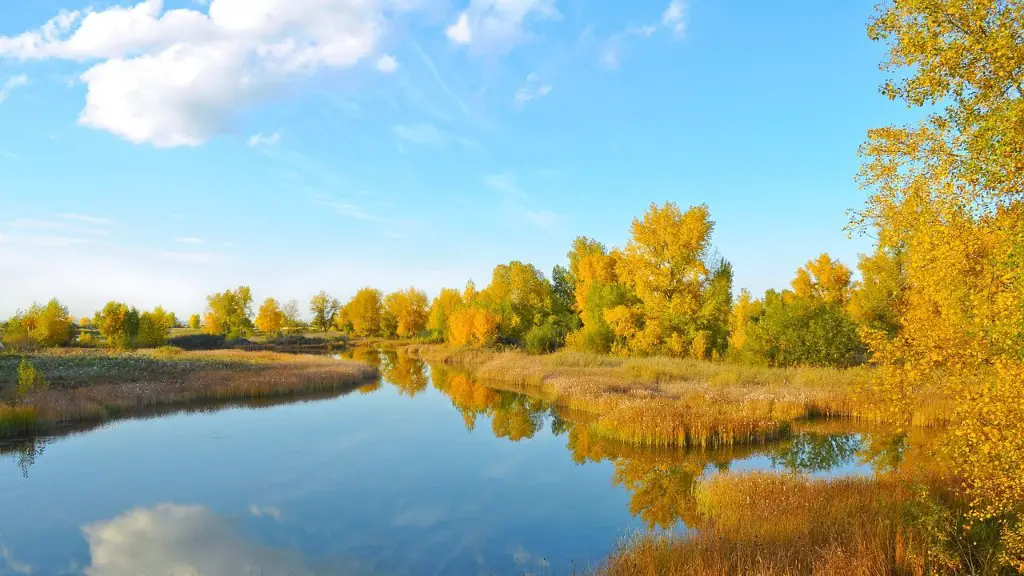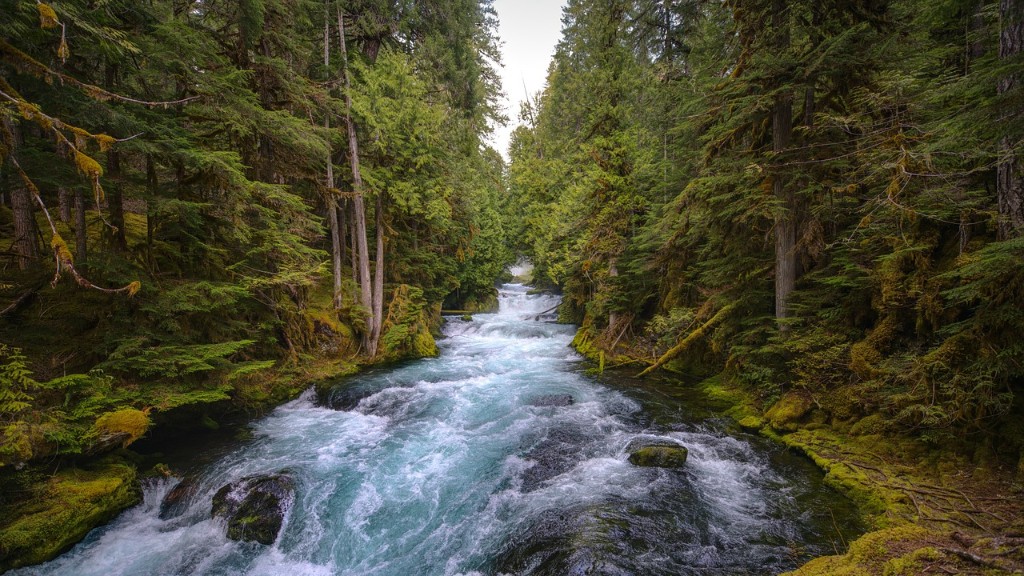The Yangtze River is the source of a large amount of freshwater for millions of people who depend on its waters for their livelihoods. Unfortunately, in recent years, the water quality of the Yangtze has been decreasing steadily and its pollution has become a cause for alarm. Pollutants from industry, agriculture, and cities are all taking their toll on the Yangtze. This article will explore what is contributing to the pollution of the Yangtze River.
The main sources of pollution in the Yangtze River are industrial, agricultural, and municipal. Industrial activities along the Yangtze, such as chemical factories and processing plants, are responsible for the release of toxic metals, fertilizers, and other hazardous chemicals into the river. Agricultural runoff from fertilizers and pesticides used in farming also poses a threat to the Yangtze River’s water quality.
In addition to industrial and agricultural sources, cities along the Yangtze’s banks have contributed to the deteriorating water quality of the river. Sewage is often discharged into the river with little to no treatment, risking public health, biodiversity, and fish stocks. Industries in cities often produce large amounts of air pollution which can enter the river, leading to eutrophication. This occurs when an overabundance of nitrogen and phosphorus enter a body of water, leading to algal blooms that deplete the oxygen supply and can kill aquatic life.
Climate change is a major contributor to the pollution of the Yangtze as well. Warmer temperatures and higher levels of precipitation can lead to an influx of sediment and other pollutants into the river. Warmer temperatures can also increase the rate of evaporation from the river, leading to lower water levels. These decreasing water levels can cause the concentration of pollutants to increase, leading to an even worse problem for the Yangtze.
The pollution of the Yangtze is a serious problem that requires a multifaceted approach. In order to truly address the issue, individuals, businesses, and governments need to work together to reduce the amount of pollution entering the river. Individuals can help by reducing their water consumption, using natural fertilizers and pesticides, and avoiding products that contain hazardous chemicals. Businesses need to reduce their water and energy usage and ensure that pollutants are not discharged into the river. Government intervention is also needed to enforce pollution regulations and ensure that businesses and individuals are following the rules.
River Degradation
The pollution of the Yangtze has led to a situation of river degradation. High concentrations of pollutants can lead to a decrease in biodiversity and a decrease in fish populations. This can have serious economic and social consequences for people who depend on fish for food and income. Additionally, river degradation can lead to the spread of water-borne diseases and an overall decrease in the quality of life for people who rely on the Yangtze.
The degradation of the Yangtze River can also have a significant impact on eco-systems and species that are native to the river. Habitat loss, water scarcity, and water pollution can all lead to the disappearance of species and can have a destructive impact on the delicate balance of the natural environment.
In order to protect the Yangtze River, it is important to address the sources of pollution and take steps to reduce the amount of pollutants entering into the river. Governments and businesses need to work together to reduce the effects of pollution and improve the water quality of the Yangtze.
Conservation Efforts
In recent years, several conservation efforts have been launched in an effort to protect the Yangtze River. Government-led projects such as the Three Gorges Dam have helped to reduce the amount of pollutants entering the river and regulations have been put in place to help protect the river. In addition, many businesses and individuals are becoming more aware of their role in protecting the Yangtze and are taking steps to reduce their own pollution output.
Non-governmental organizations are also playing a role in the conservation of the Yangtze River. Groups such as the Yangtze River Alliance and the International Union for the Conservation of Nature are working to educate the public on the importance of protecting the river and are taking steps to reduce river pollution. Many environmental organizations are also providing technical and financial assistance to help preserve the natural beauty of the Yangtze River.
The efforts of governments, businesses, and individuals can help to restore the water quality of the Yangtze and to protect the species and ecosystems that make the river an important part of the global environment. However, in order to truly protect the Yangtze, it is important for all stakeholders to work together and take action to reduce pollution and protect the river.
Local Initiatives
In addition to government and NGO initiatives, many local communities are taking their own steps to protect the Yangtze River. From small-scale clean-up efforts to the implementation of sustainable solutions, local communities are the ones on the ground who are making a difference in protecting the river.
Organized local clean-up efforts are becoming increasingly common and have helped to reduce the amount of pollutants entering the Yangtze. In addition, many local communities have started to implement sustainable solutions such as water reuse systems and waste management plans to help reduce their environmental impact. These local efforts are making it possible for communities to do their part to protect the Yangtze.
The Yangtze is an important natural resource and one of the most important ecosystems in the world. Pollution from industry, agriculture, and cities has led to a decrease in water quality and a decrease in biodiversity. In order to protect this important resource, it is important for governments, businesses, and individuals to work together to reduce pollutants entering the river and to protect the species and ecosystems of the Yangtze.
Environmental Education
Environmental education is essential in ensuring the Yangtze River remains healthy and protected. Teaching the public about the importance of conservation and the risks of pollution can help to create a generation of individuals who are more aware of the impact of their actions on the environment and are more likely to take steps to reduce their environmental impact. Environmental education is also important in ensuring that younger generations understand the importance of protecting the Yangtze.
Educational initiatives geared towards businesses, governments, and individuals have proven to be highly effective in creating awareness of the importance of protecting the Yangtze River. Through educational initiatives such as seminars, workshops, and information sessions, organizations and individuals can learn more about the risks posed by water pollution, the importance of conservation, and how they can make a difference in their own lives.
Environmental education should be an integral part of any conservation effort for the Yangtze River. With more education and awareness about the risks of pollution and the importance of conservation, more can be done to protect this valuable and fragile ecosystem.
Economic Solutions
In order to truly protect the Yangtze River, economic solutions must be implemented. Governments need to put in place regulations that ensure businesses and industries are complying with environmental standards and businesses need to take steps to reduce their own environmental impact. Additionally, governments need to put in place policies and procedures that ensure the responsible use of natural resources and the protection of ecosystems.
Encouraging businesses to move towards more sustainable practices such as waste management, water reuse, and renewable energy sources is essential in reducing the environmental impact of industries and businesses. Governments can also provide incentives for businesses to adopt more sustainable practices and invest in renewable energy sources.
In addition to incentivizing businesses to adopt sustainable practices, governments need to enforce regulations that ensure industries and businesses are complying with environmental standards. This enforcement is critical in ensuring that businesses are not contributing to the pollution of the Yangtze River.
The economic issues surrounding the pollution of the Yangtze River will require a complex and multifaceted approach. Governments, businesses, and individuals need to work together to reduce the amount of pollutants entering the river and take steps to protect this important resource.





